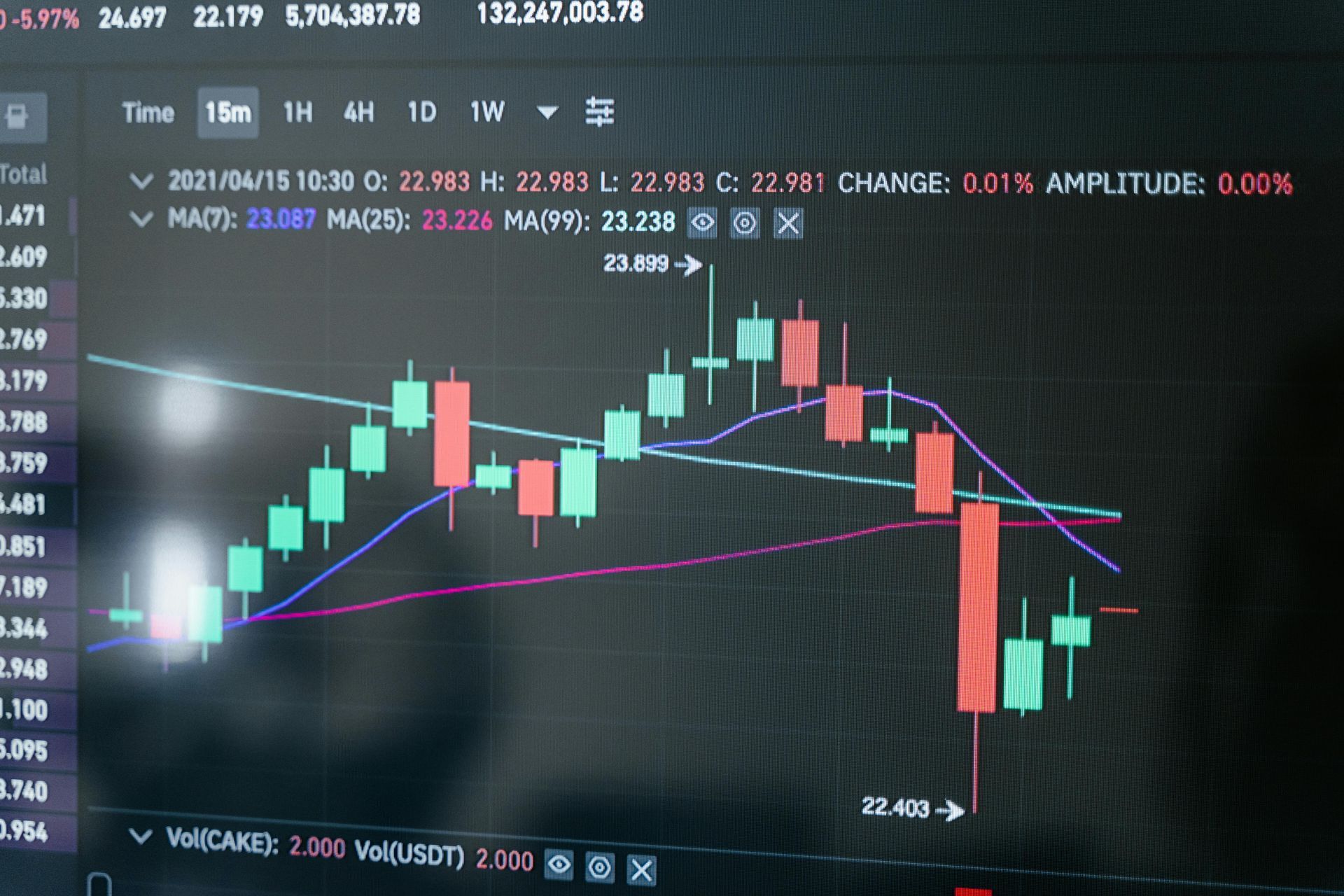Why You Should Act
Before the Losses Climb
What does this mean for your superannuation?

Trump’s Tariffs and Your Super: Why You Should Act Before the Losses Climb
With former President Donald Trump hinting at a return to sweeping tariffs — including proposals of a 10% universal tariff and potentially harsher trade measures — investors are on edge. But what does this mean for your superannuation, and how can you protect your future retirement income?
Let’s break it down.
How Tariffs Can Impact Superannuation
Superannuation funds are heavily invested in equities — that is, shares. These include local Australian companies as well as global giants. When global trade is disrupted, particularly between economic powerhouses like the U.S. and China, the ripple effects can cause:
- Market volatility: Shares drop as companies brace for higher costs and lower profits.
- Currency instability: Tariffs can cause the Australian dollar to drop or swing, affecting overseas investments.
- Reduced dividends: Companies passing on higher costs may cut back on dividend payments, reducing your super’s income stream.
If your super is exposed to international shares or even Australian exporters, tariff wars could directly impact the returns in your fund.
What Happened to Super in the GFC? A Cautionary Tale
During the Global Financial Crisis (2007–2008), superannuation balances were hit hard. Some funds saw losses of up to 26% in a single year. Those invested heavily in shares felt the biggest burn, while people nearing retirement suddenly found themselves needing to delay their plans or settle for less.
History shows us that when global markets take a hit, superannuation isn’t immune.
Why Dual Key Property Can Be Safer for Your SMSF
In uncertain times, some savvy investors are turning to dual key properties within their Self-Managed Super Funds (SMSFs). Why?
- Two incomes, one property: A dual key property typically offers two rentable spaces (like a main home and a separate studio) under one title — effectively doubling the rental yield.
- Cashflow positive: These properties often deliver more income than expenses, ideal for an SMSF focused on growth and stability.
- Diverse tenant base: If one unit is vacant, the other may still provide income, reducing total vacancy risk.
With shares facing potential headwinds, stable, income-generating property can act as a defensive buffer in your retirement strategy.
Act Now Before the Losses Climb
We’ve seen how quickly global events can erode super balances. If Trump’s tariffs materialise and escalate trade tensions, your super fund — especially if it’s exposed to affected sectors — could take a hit.
If you're managing your own SMSF or want more control over where your money is going, now is the time to review your portfolio and consider safer, income-based options like dual key property.
Final Word: Get the Right Advice
This article is general in nature and doesn’t take your personal circumstances into account. Always speak to a qualified financial planner or accountant before making investment decisions with your super or SMSF.
Need help understanding if your super is at risk? Let’s chat about how to protect your nest egg before it’s too late.
